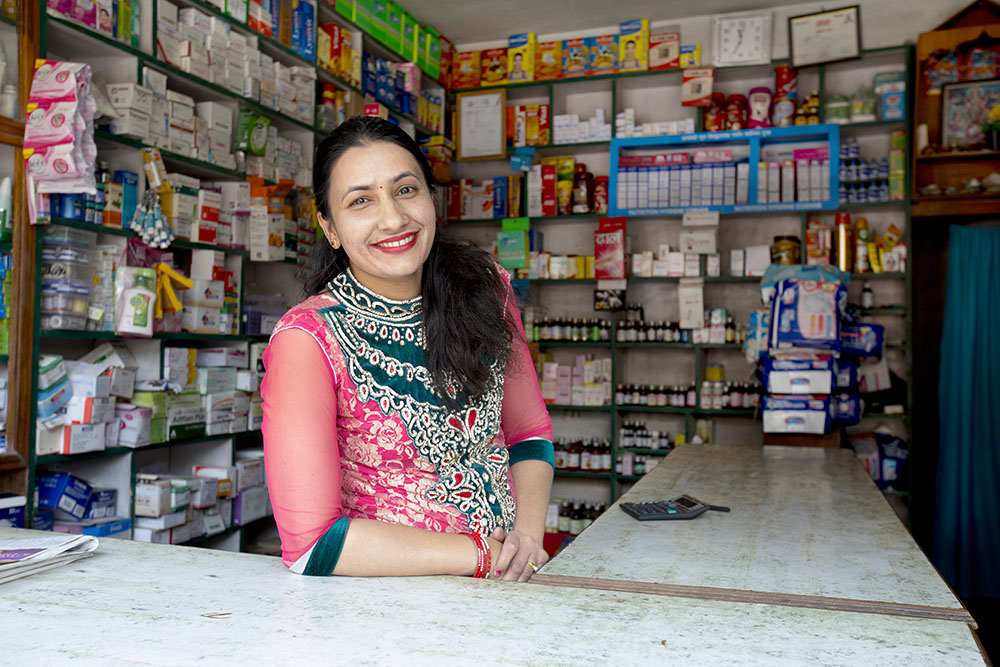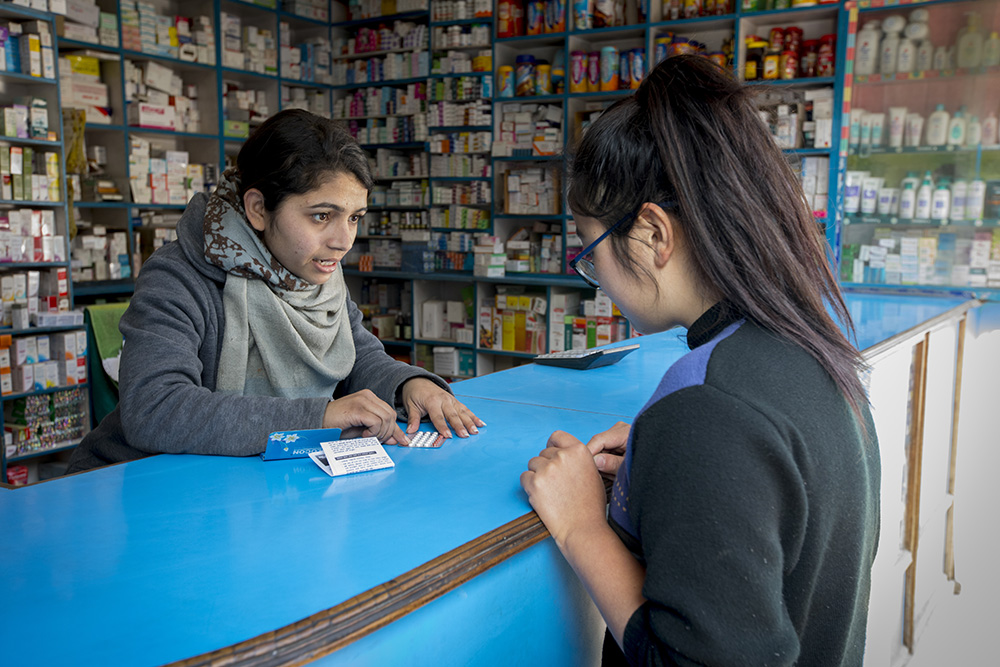Increasing access to affordable family planning through a market segmentation strategy

The 2016 Nepal Demographic and Health Survey, which shows that women in upper wealth quintiles are buying commercial family planning products while their counterparts in lower wealth quintiles rely on subsidized products, confirms the theory underlying the Nepal CRS Company’s market segmentation strategy.
The health survey also shows that 38 percent of short-term, modern method users, and 58 percent of oral contraceptive pill users, rely on branded family planning products from the company.
SHOPS Plus is working to strengthen the capacity of the Nepal CRS Company, the country’s leading social marketing organization. The project's goal is to build the company's ability to apply evidence-based marketing approaches that support the organization’s long-term viability and achieve its goal of improving the health of disadvantaged populations by increasing access to affordable health products and services. The company is using a multi-brand strategy that segments the population based on their ability to pay, and then markets different brands to each segment to improve access to affordable contraceptives.
The Nepal CRS Company is marketing two brands of oral contraceptive pills. The Nilicon White brand targets older women living in urban areas that belong to the highest two wealth quintiles. This brand is sold at roughly $0.50 in urban and semi-urban pharmacies, and marketed as safe and reliable. The health survey showed that approximately 45 percent of users between the ages of 40 and 44 years use this brand and among pills users in the highest wealth quintile, 51 percent use Nilicon White while only 9 percent use Sunaulo Gulaf. In addition, more than a third of pill users living in urban areas use this brand.

The second brand, Sunaulo Gulaf, at $0.20, is less than half the price of the other brand. Sold in medical shops, the company markets it as an affordable, high quality, oral contraceptive for women, and targets younger, rural, women in the two lowest wealth quintiles. The health survey showed that 31 percent of pill users in the 25-29 age bracket and 32 percent of pill users living in rural areas use Sunaulo Gulaf. Additionally, among pills users in the lowest wealth quintile, 35 percent use this brand while only 12 percent use Nilicon White.
With this strategy, the Nepal CRS Company gets users in higher income quintiles to pay for the commercially priced Nilicon White brand of pills, which allows the company to cross-subsidize its lower-cost oral contraceptive pills, Sunaulo Gulaf, for users with financial restrictions. This approach ensures that price is not a barrier to access for low-income users in Nepal.